Five ethical fashion brands
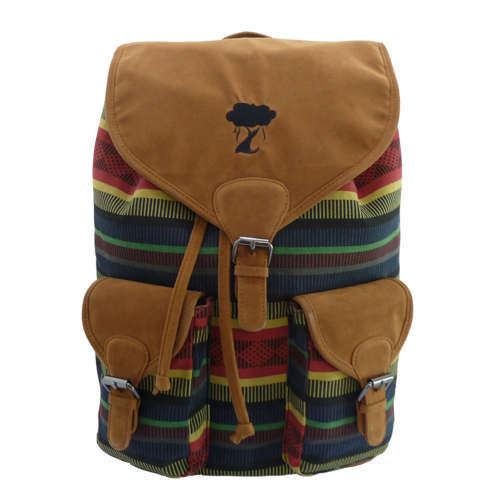
As the mood of austerity settles and shows no signs of leaving any time soon, we are looking for more out of our fashion choices. Disposable fashion is fast losing its attractiveness and the industry is producing more sustainable products with an emphasis on high-quality craft and design, garments to form an attachment with rather than wear once and lose interest in. In addition to this long-lasting philosophy, there has been a huge surge in the popularity of ethical fashion brands in the last decade. It’s not enough to choose clothes you can get the most out of, someone else has to reap the benefits as well, be it charities, fairly paid artisans in far off countries, or the environment. Here are five of the best sustainable fashion brands, with varied mission statements and for varied budgets.
People Tree: Easily one of the most established of all ethical fashion labels, People Tree was founded in 2001 and has gone from strength to strength gaining celebrity support, including three ranges designed in collaboration with Emma Watson, as well as fashion world pairings with Orla Kiely and Laura Ashley. Their Fairtrade basics are made with the promise to protect the environment and use natural resources sustainably as well as helping their producer partners in their journey towards financial independence.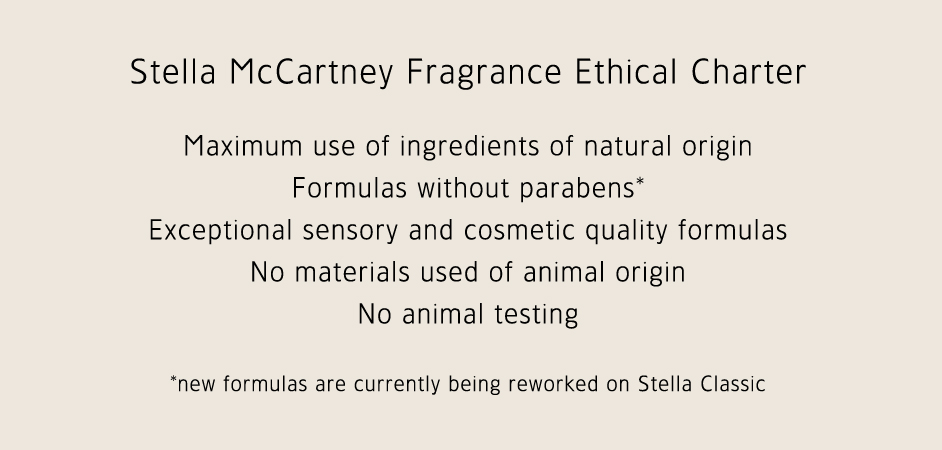
Stella McCartney: On the high-end side of things, global fashion brand Stella McCartney sticks to the designer’s vegetarian ethics, creating surprisingly stylish shoes and bags without the use of leather (and of course fur). As well as this, the Stella McCartney beauty and fragrance range strives to use as many natural and organic ingredients possible. As a mark of her trustworthy attitude, more information can be found on the brands approach to green living in the “Green Me” section of the website.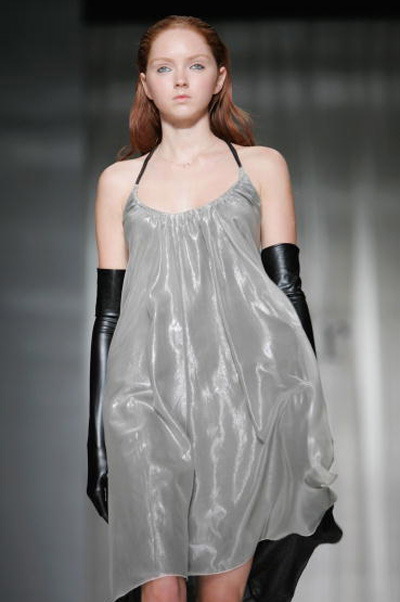
Noir Illuminati: Another high fashion option, Noir is an ethical brand so stylish that it barely needs an ethical selling point. Based in Copenhagen, its all-woman team leading the brand adhere to a policy of timeless quality. Its Illuminati range is made from organic cotton from Uganda. It’s an experimental process with a long-term aim: “Our hope for the future of Illuminati is to further develop the cotton quality so we can infuse the collections with the true Noir aesthetic”.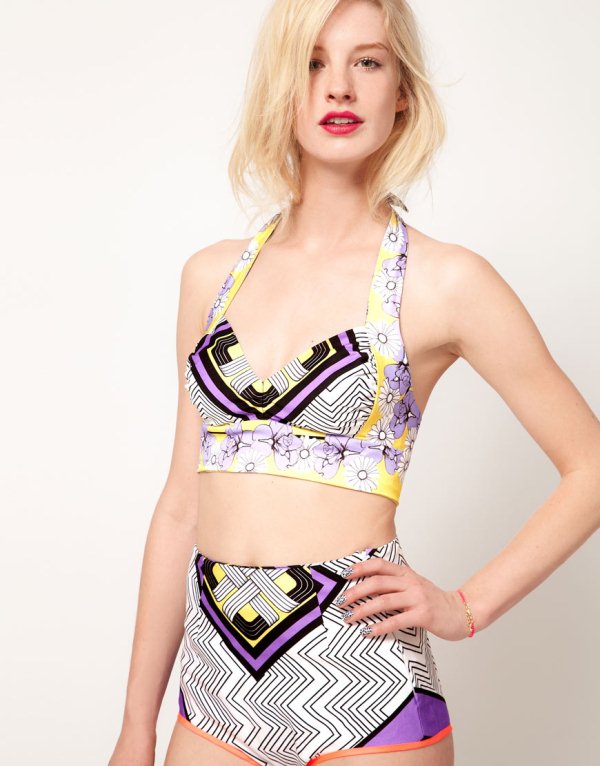
Asos Africa: Part of the Asos brand, the diffusion line trains communities in Africa to produce garments using traditional African techniques. Fabrics are sourced from Africa as well and the workers are given a fair wage. A portion of the profits also go back to benefit the local communities. The traditional aesthetic has been maintained too, with the entire range combining colourful prints in contemporary shapes.
Jatalo: This brand is on a smaller scale and has one mission in mind: “For every backpack that you purchase, we will donate a year’s worth of textbooks to a student in need”. The backpack is inspired by traditional colour schemes patterns and techniques of the ikat weaving style. It’s a simple idea but a powerful one.
Sarah Cleaver

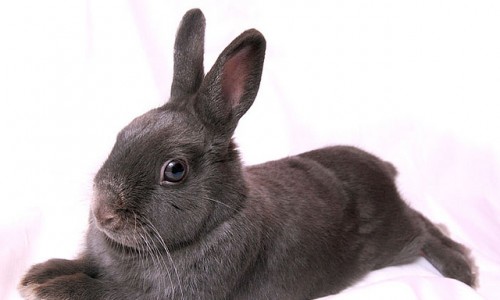


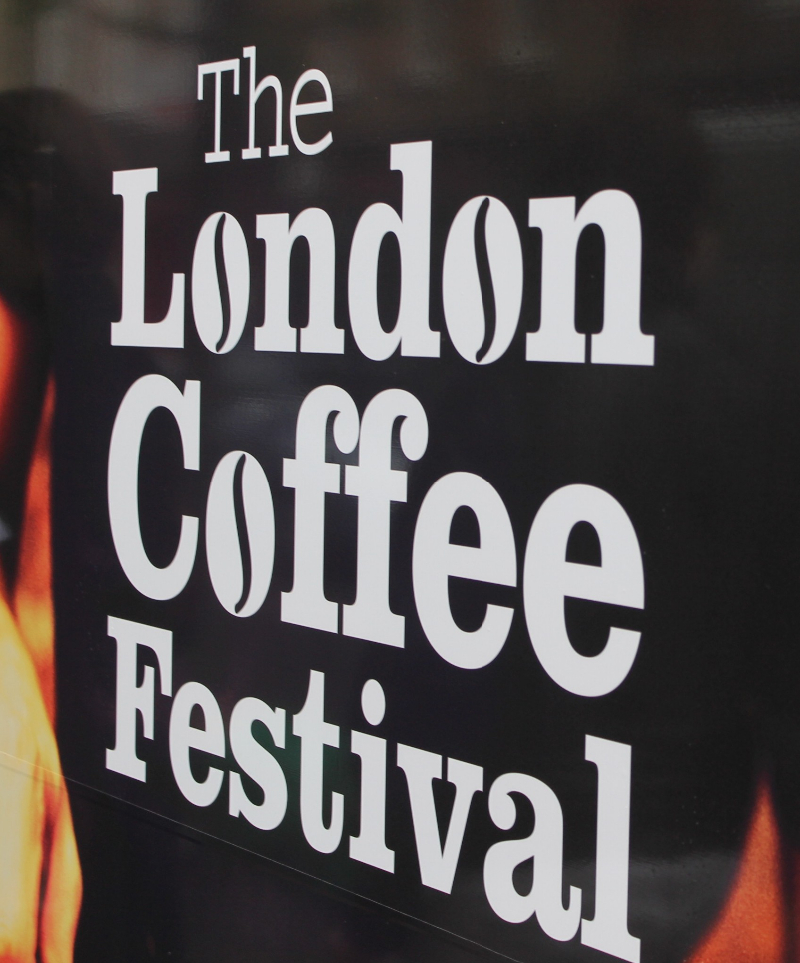
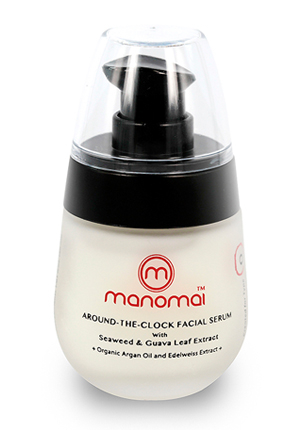
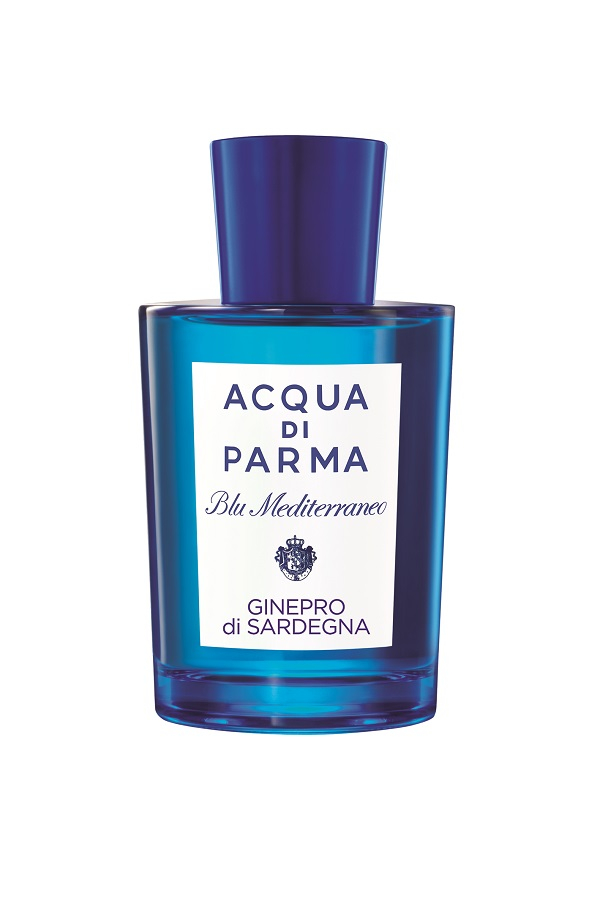

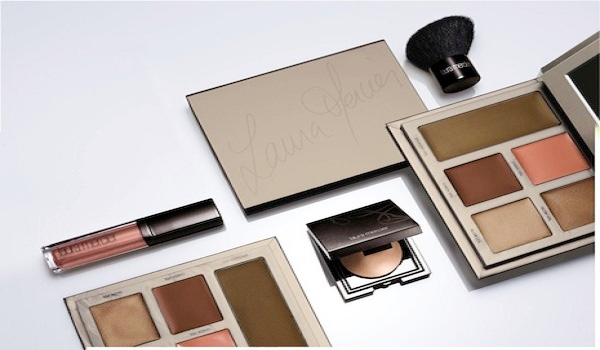








Facebook
Twitter
Instagram
YouTube
RSS